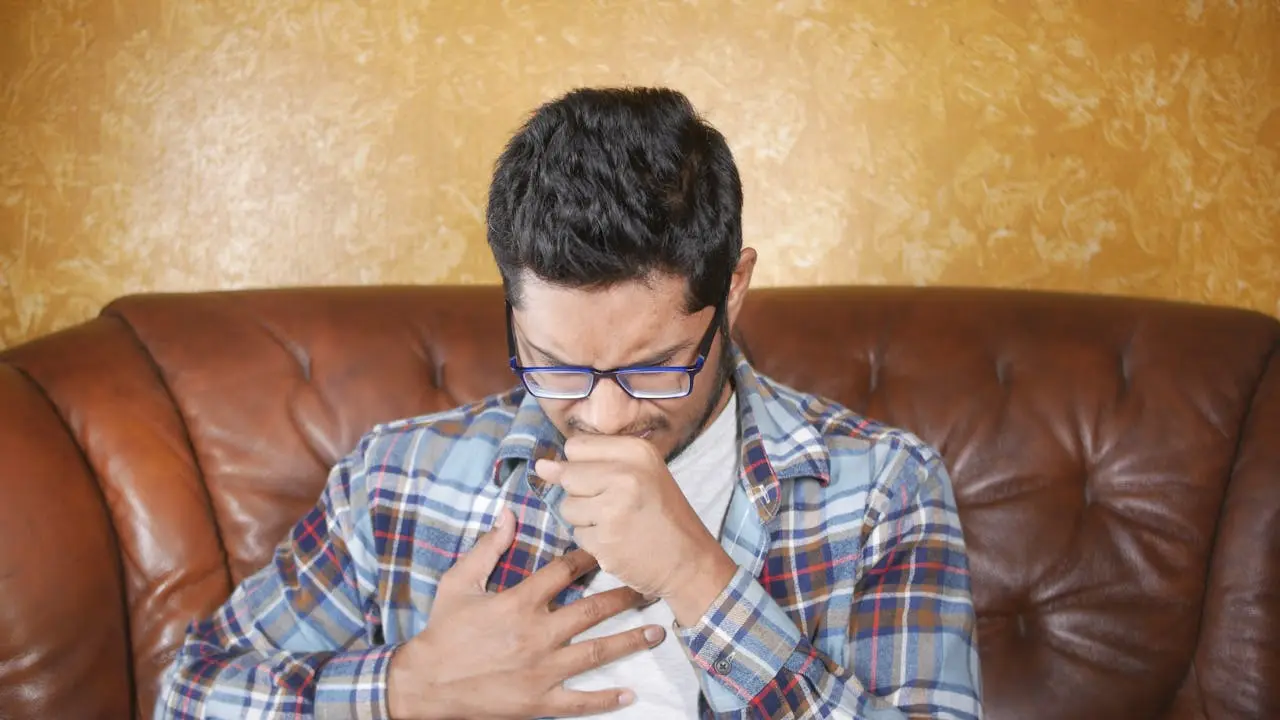Whooping cough, also known as pertussis, is a severe respiratory infection caused by the Bordetella pertussis bacteria. This infection can cause violent, uncontrollable coughing, making breathing difficult. It can happen to anyone, but it is more dangerous for infants and young children. In this article, we will explain whooping cough, from its symptoms to prevention strategies, so read it to the end.
Whooping Cough Symptoms

Read Also: Hidden Signs of Vitamin B12 Deficiency: Causes, Symptoms, and Ways to Boost Your Intake
As per the head of the experts, the symptoms of whooping cough might not appear for as long as three weeks. However, the early symptoms of this cough contain a common cold, including a runny nose, fever, and cough. You will suffer a dry and persistent cough within two weeks, which makes it difficult for you to breathe. This can also come with the following health issues:
- vomiting
- dehydration
- breathing difficulties
- blue or purple skin around the mouth
- low-grade fever
The symptoms may be mild in teenagers and adults, who may have prolonged cough without the sound of “whoop.”
Diagnosing and treating whooping cough

If you or any of your family members are experiencing the symptoms of whooping cough, you should immediately seek medical help, especially if you are not immunized. This cough is highly contagious and can spread quickly when the infected person sneezes, coughs, or laughs.
How to Diagnose?
To properly diagnose this cough, your doctor will perform some medical tests and take mucus samples from your throat and nose. These samples will then be analyzed to determine the presence of the B. pertussis bacteria. Your doctor can also perform a blood test.
Treatment of Whooping Cough
Infants and younger children can be admitted to the hospital for respiratory support and observation while treating this cough. If the cough prevents them from consuming enough fluids for hydration, they could also be given intravenous fluids.
As this cough is a bacterial infection, the initial treatment will include antibiotics, the most effective course of treatment in the early stage of the cough. However, antibiotics can also be given in later stages to prevent the infection’s spread. Still, it should also be considered that antibiotics can only prevent the spread of the infection, but they can’t treat whooping cough at all.
One thing to remember is that ordinary cough medicines will not help cure whooping cough; using ordinary cough medicines can harm infants and younger children.
Doctors also recommend using humidifiers in the bedrooms of infants and children to keep the air moist, which helps alleviate the symptoms of this cough.
Possible complications

As whooping cough makes it difficult to breathe, so infants with the issue of cough should be closely monitored. Here are some severe complications that can happen due to this cough.
- brain damage
- apnea (slowed or stopped breathing)
- seizures
- convulsions (uncontrollable, rapid shaking)
- pneumonia
- bleeding in the brain
- death
Adults and older children can face complications due to this coughing infection.
- difficulty sleeping
- pneumonia
- urinary incontinence (loss of bladder control)
- rib fracture
Symptoms of whooping cough can last up to 4 weeks or sometimes even more. However, adults and children can recover quickly with the help of early medication. However, infants are at a higher risk of death due to this cough, even during the treatment.
How to prevent whooping cough?

To prevent this cough, vaccination is the key. Infants are advised to get vaccinated at
- Two months
- Four months
- Six months
And for children, boosters are needed at:
- 15 to 18 months
- 4 to 6 years and again when they are 11 years old
Now you know how dangerous this cough is for infants and younger children. To save them from the dangerous health risks of this cough, take immediate action and remember to vaccinate them at proper intervals. If our information has helped you or you want us to cover any other topic, please let us know in the comment section below.
To get more of our exclusive content on Health Care and Lifestyle. Follow us on YouTube and Instagram.





